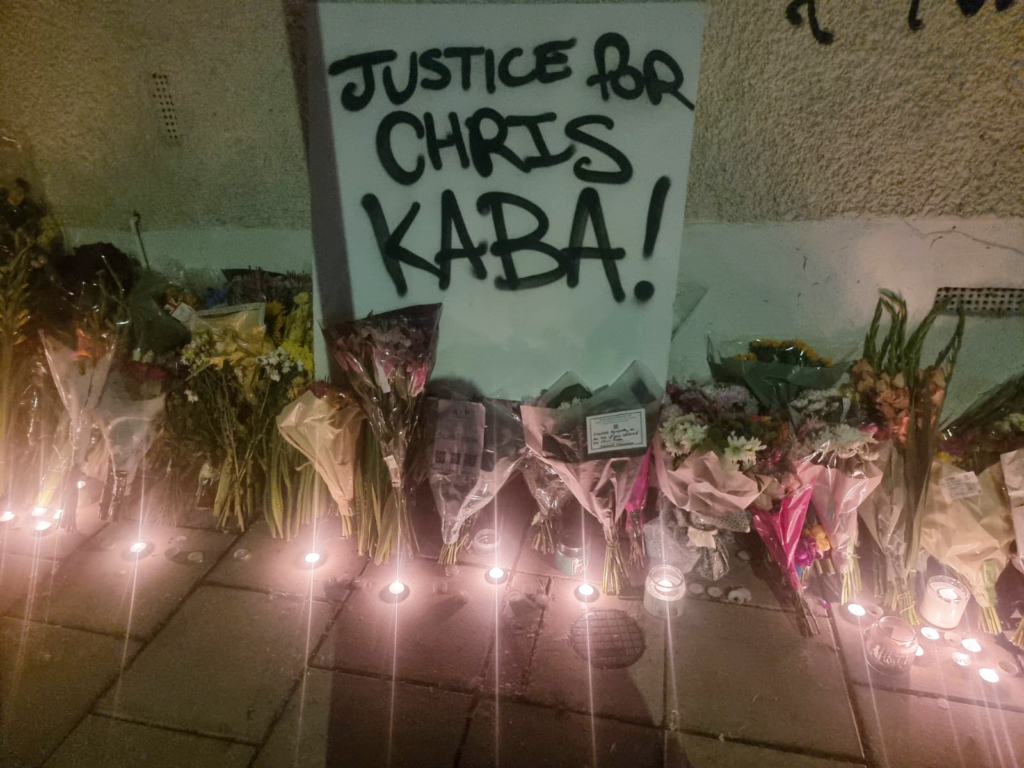
Last Monday, Chris Kaba was run off the road during a police pursuit on Kirkstall Gardens, a quiet residential street in the heart of my Streatham constituency, before he was shot and killed. Photographs taken the morning after at the scene show a single bullet hole bored through the driver’s side of the car windscreen.
One week on, the Independent Office for Police Conduct (IOPC) has now confirmed that Chris was unarmed and that the car that triggered his pursuit was not registered to him. But Chris’s loved ones are still in the dark over the exact circumstances that led up to his death.
Chris’s killing has reverberated through the community. As a Lambeth MP, my constituency is located in a borough with some of the lowest expressed levels of confidence in policing anywhere in London. Just 38 per cent of people trust the police to treat everyone fairly no matter who they are, according to the latest public attitudes survey on policing from the London Mayor’s office.
Chris is not the first young Black man to die after contact with the police. According to the charity Inquest, 1,883 people have died in custody or following contact with the police since 1990, with just one prosecution of an officer in that time period. Families have been left waiting decades for answers, let alone justice. Chris’s family know they will face a protracted fight for answers, and perhaps a longer one still for genuine accountability.
Chris’s killing comes after a catalogue of recent local incidents: from disclosures about police strip searches of Black children in our borough, to the death of Ian Taylor in police custody just up the road in Brixton as he struggled to breathe. People are angry that this is still happening. These events reflect deeper issues with institutional racism in policing. Without acknowledgement and commitments to act on this, apologies from Met leadership are just reputation management.
This case also shows how accountability is still something that has to be fought for; not something that is hardwired into policing. If someone ended up dead in most other lines of work, that would be cause for immediate suspension. It took several interventions from the family, campaigners and MPs for the Met to suspend the officer who fired the shot.
It also took several days for the IOPC to escalate this case to a homicide investigation. Only time will tell if this delay proves costly. It shouldn’t require vast amounts of public pressure to trigger what should be basic features of police accountability.
We do need a full and thorough investigation into the circumstances surrounding Chris’s killing. However, there is no reason that police or the IOPC could not have communicated with Chris’s family in the same way they have during other similar incidents.
Their wishes now are simple. They want a timeline for the IOPC investigation so that they know when they can expect answers. They want access to the body cam footage so they can see for themselves what happened that night and start to get closure. And above all, they want accountability for Chris’s death.
When people die during police contact, we always hear how important it is to get the full facts before jumping to conclusions. But this presumption of innocence is one that is seldom extended to those who end up dead.
Where there’s a lack of information, stereotypes fill the vacuum. Prejudice mushrooms and multiplies in the dark. There seems to be a reflexive belief that the person in question must have done something wrong to deserve such treatment – a trope which has roots in colonial stereotypes of Black people as unruly subjects: violent and criminal.
Rather than dwelling on the fact that Chris was a father-to-be and an architecture student, who was loved by his family and his community, and was unarmed, the knee-jerk response in certain sections of the media was to foreground his association with drill music and focus on the mistakes he had made in the past.
The new Met commissioner Mark Rowley took up his role this week, promising to act with ”fairness, integrity, diligence and impartiality” and pledging to renew “policing by consent”. If this is more than just rhetoric, he will start by honouring Chris’s family in their call for answers and accountability.
